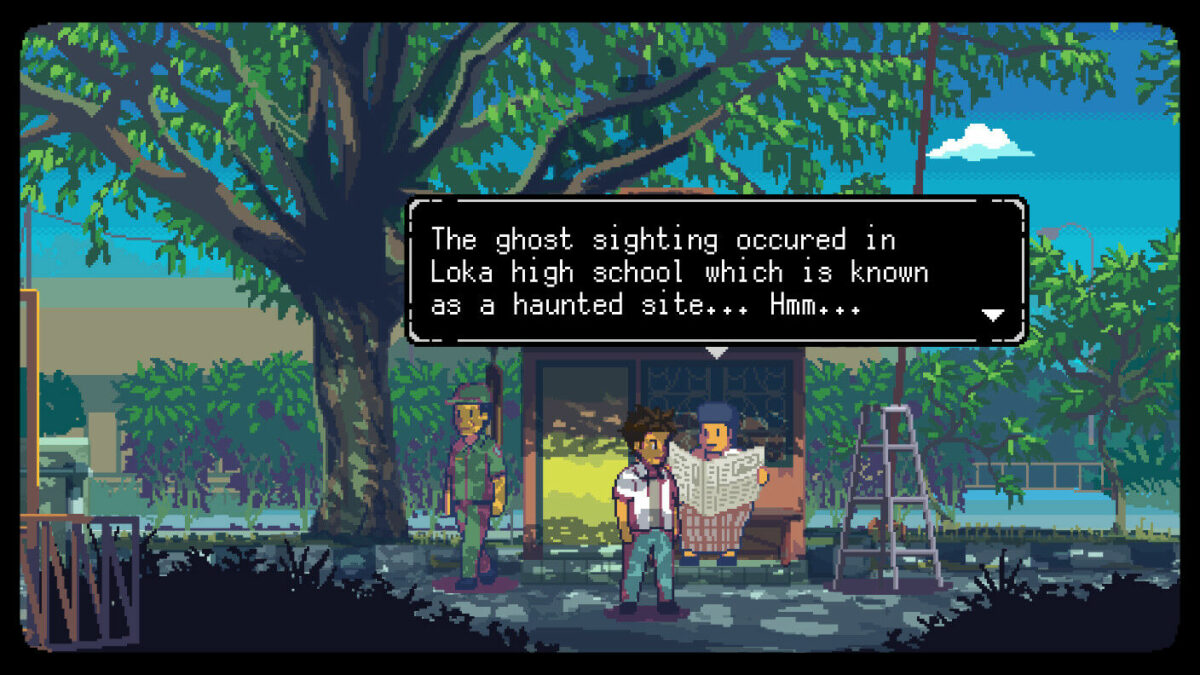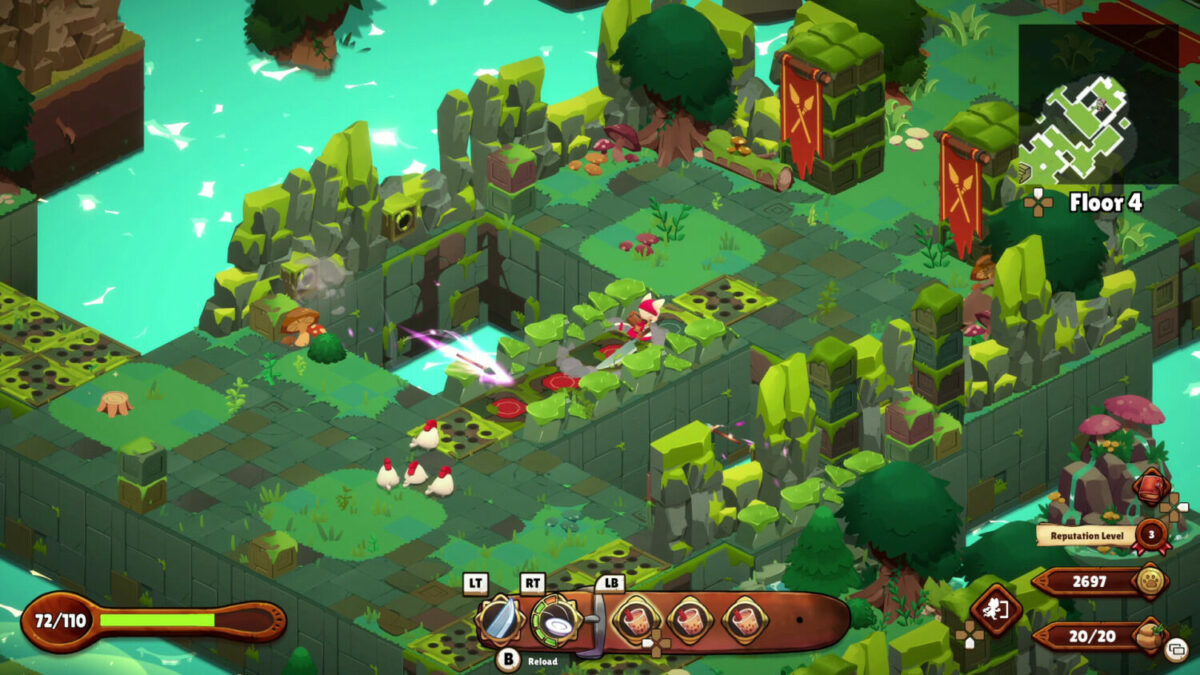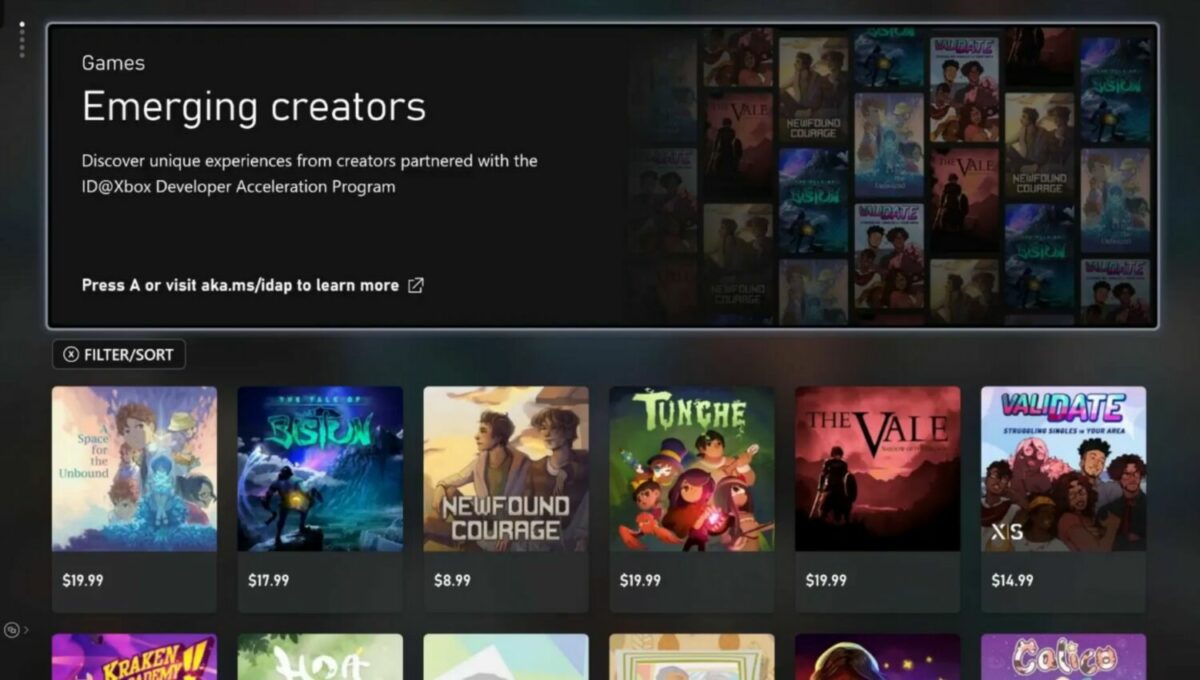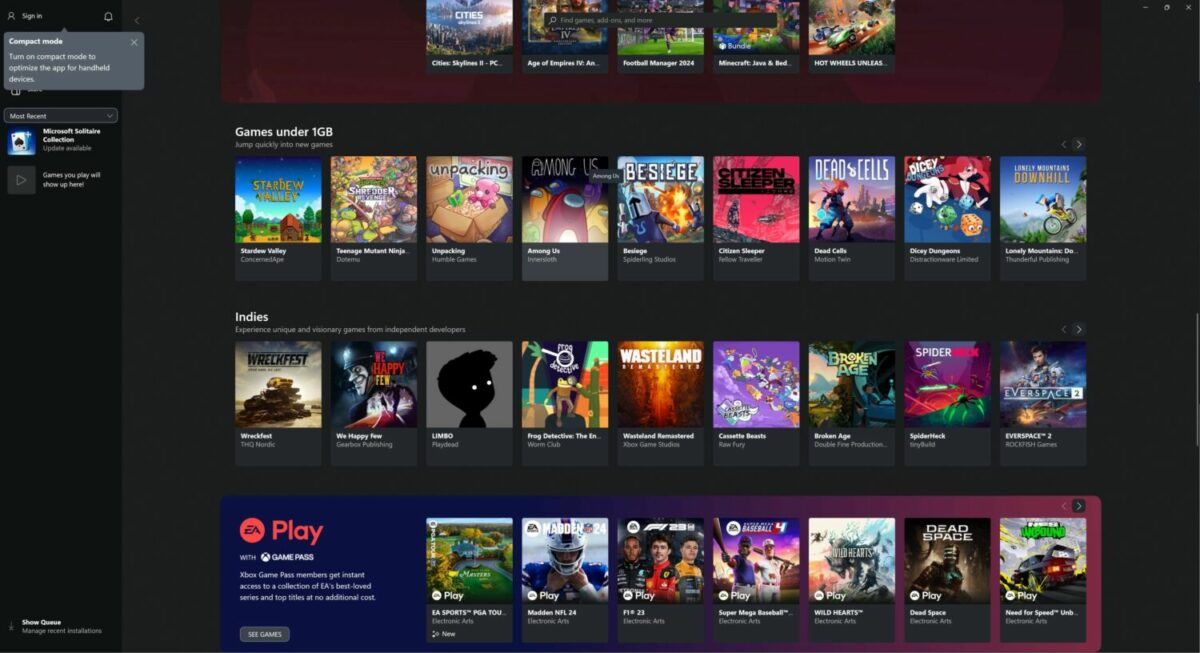This interview has been edited for clarity.
In a sea of big boys, it can be difficult for smaller players to find their footing, which forms a familiar struggle that establishes the core of David-versus-Goliath stories, making it easy to root for the underdog. The indie games scene, in recent years, reflects a similar climb, as it continues to grow in size and popularity.
And while juggernaut releases will always catch the attention of the gaming crowd, these independently-published titles will have to travel a much longer way in worming into and warming the hearts of mainstream enthusiasts, though more indie games have been succeeding in recent years. From Stardew Valley, Undertale, and The Binding of Isaac to more contemporary hits like Hades, Among Us, and the latest sensation, Palworld, the global stage is now home to a treasure trove of beloved indie gems.

The same can also be said of the Southeast Asia landscape. Slowly but surely, the region is putting itself on the world map, with more projects both out in the wild and in the works, receiving a morale boost in the form of Mojiken Studios’ A Space for the Unbound. Not only did the Indonesian adventure make waves locally, it also scored a nomination at The Game Awards 2023, becoming the only Southeast Asian title on the list for that year.
It marked a significant milestone for game development in the region, and Jun Shen Chia of the Xbox Global Expansion team is no stranger to its charm and appeal, which carries over to the rest of the industry. As a whole, the innovative spirit of indies brings “a whole breath of fresh air to the way we think about games [and] the breadth of stories being told”. There’s a distinct flavour that belongs exclusively in the Southeast Asian space, however, giving it an edge in cultural depictions and exploration.
“The one thing I think that’s the most incredible about developers from Southeast Asia is that they have a strong understanding of what it takes to make a globally appealing game that can be played by many people around the world, while having a really strong grasp of originality, through infusing a lot of the uniqueness of what makes Southeast Asian or country-specific cultures unique,” he shares in an online interview with Geek Culture.
Citing A Space for the Unbound, he highlights the blend of familiar gameplay “in terms of controlling the characters and navigating the world”, and a “deeply personal story about life in Indonesia.” Similarly, Coral Island (2022), a farming simulator hailing from Indonesia-based studio Stairway Games features the theme of ocean conservatism – an important nod to the East Asian and Asia-Pacific Seas, which are homes to the most biologically diverse and diverse marine ecosystems on Earth.
Singaporean game Ghostlore (2022, AT-AT Games), meanwhile, introduces monsters from Southeast Asian mythology to an action RPG in the vein of Diablo. “I think that the depth of our societal, historical, and mythological folklore inspirations really drive some unique things that no other countries or regions around the world can offer,” adds Chia.

Alone, these talents can already do so much, but it’s only when they come together that the regional indie game development scene gets one step closer to unleashing its full potential. The industry space is blessed with supportive and encouraging peers, who are often hanging around online spaces like X/Twitter with advice, project shout-outs, and more sorts of aid for other regional developers.
“It’s my strongly held belief that the best thing about Southeast Asia is that we are one large kampong right? We are truly a village where we are all committed to our own and each other’s success,” Chia enthuses, referring to the Malay word for ‘village’ used colloquially for describing a tight-knit community.
“The reason why Southeast Asia is growing so fast is because all of the regional industry moments [allow] developers to come together to talk about their experiences… which is why I have no doubt that with all this combined knowledge sharing, as well as resources and creativity, we will be the next major games hub next to Japan and Korea.”

Closer to home, Singapore is also a contributor to the growing landscape. Recent years have seen the release of more locally-made titles, from Masquerada: Songs and Shadows (2016, Ysbryd Games) and 2019’s Cat Quest 2 (The Gentlebros) to post-2020 works like Chinatown Detective Agency (2022, Generative Interactive Co.), Ghostlore, and Cuisineer (2023, BattleBrew Productions). Moving forward, there’s SEDAP! (kopiforge), a co-op cooking-combat adventure slated for a full release in 2025, and Chia is quick to point out the nation’s greatest strength – a robust talent pool.
“I’m also based in Singapore, so I’m incredibly biased,” he laughs. “But what I love about Singapore is that we have a strong mix of veteran developers who have come up in the industry, working in a lot of the larger multinationals now coming out to start their own studios, and then working with a lot of the younger, early-in-career developers who are looking to make their mark in our ecosystem.”
The industry veteran, who previously held marketing roles at Meta, Riot Games, and Razer, adds, “There’s a lot of really exciting energy from a mix of both veteran and young talents, and a lot of knowledge sharing across the board… I’m confident that at the very core of it, Singapore will make some incredible games.”

As the momentum picks up, Xbox will continue to support and cultivate regional developers through its ID@Xbox programme. Part of the job involves spotlighting regionally-made indies on the Xbox Game Pass and PC Game Pass catalogue, as well as running the Developer Acceleration Programme, which is designed to help smaller projects or underrepresented titles from underrepresented markets find success.
More recently, the company rolled out Indie Selects and Game Camp Asia as new initiatives. Where the former features a curated list of hundreds of ID@Xbox games and monthly recommendations on “a regular cadence”, the latter acts as an education programme that puts up-and-coming developers through a two-month-long learning curriculum, designed by Xbox Game Studios veterans.
Both were launched just this year, joining other existing efforts like holding or attending industry events, working with association groups and government bodies, organising education programmes, launching a new submission process for funding consideration, and more.

This series of developments charts impressive progress, considering that global expansion work across Southeast Asia only kicked off two years ago in 2022 with the PC Game Pass. Even so, it’s clear the region has no lack of creative energy, curiosity, and rich potential – a powerful combination that can now be more easily streamlined and cultivated through a dedicated, full-fledged programme.
In that time frame, three indie darlings have successfully ensnared Chia’s affections: A Space for the Unbound, 2022’s GigaBash from Malaysia’s Passion Republic, and Singapore’s very own Cuisineer. These games come highly recommended and ooze their own brand of charm, with A Space for the Unbound coming in as an immediate thought for a good reason.

“It’s an incredible slice of life look at Indonesia, but it’s also a magical realism narrative about two people struggling with their inner inner demons as well as with interpersonal relationships growing up in Indonesia,” shares Chia. “I think it’s just such a gorgeous game all the way through, filled with such awesome storytelling, but also mini-games that will just make you feel really delighted to want to visit Indonesia.”














